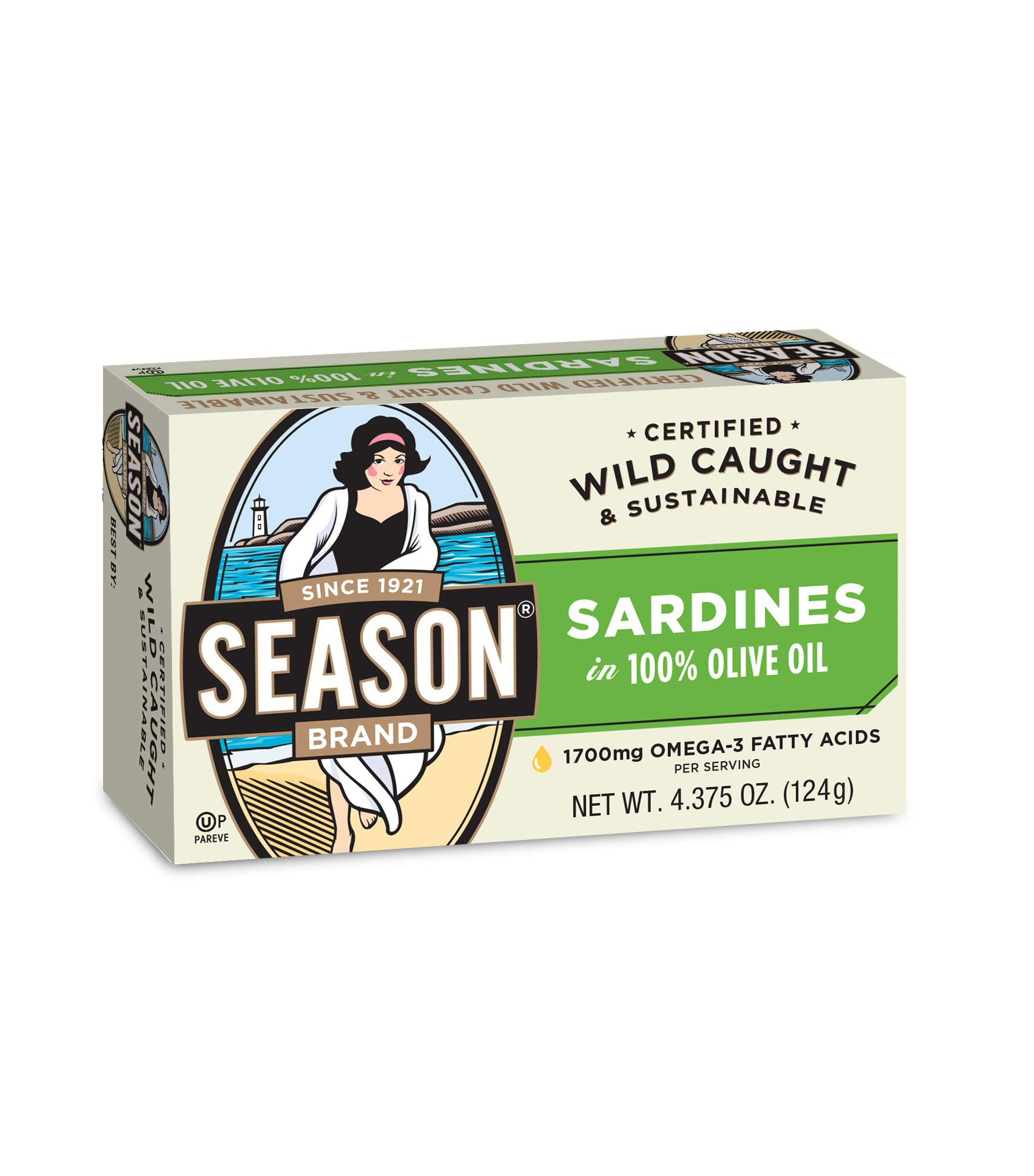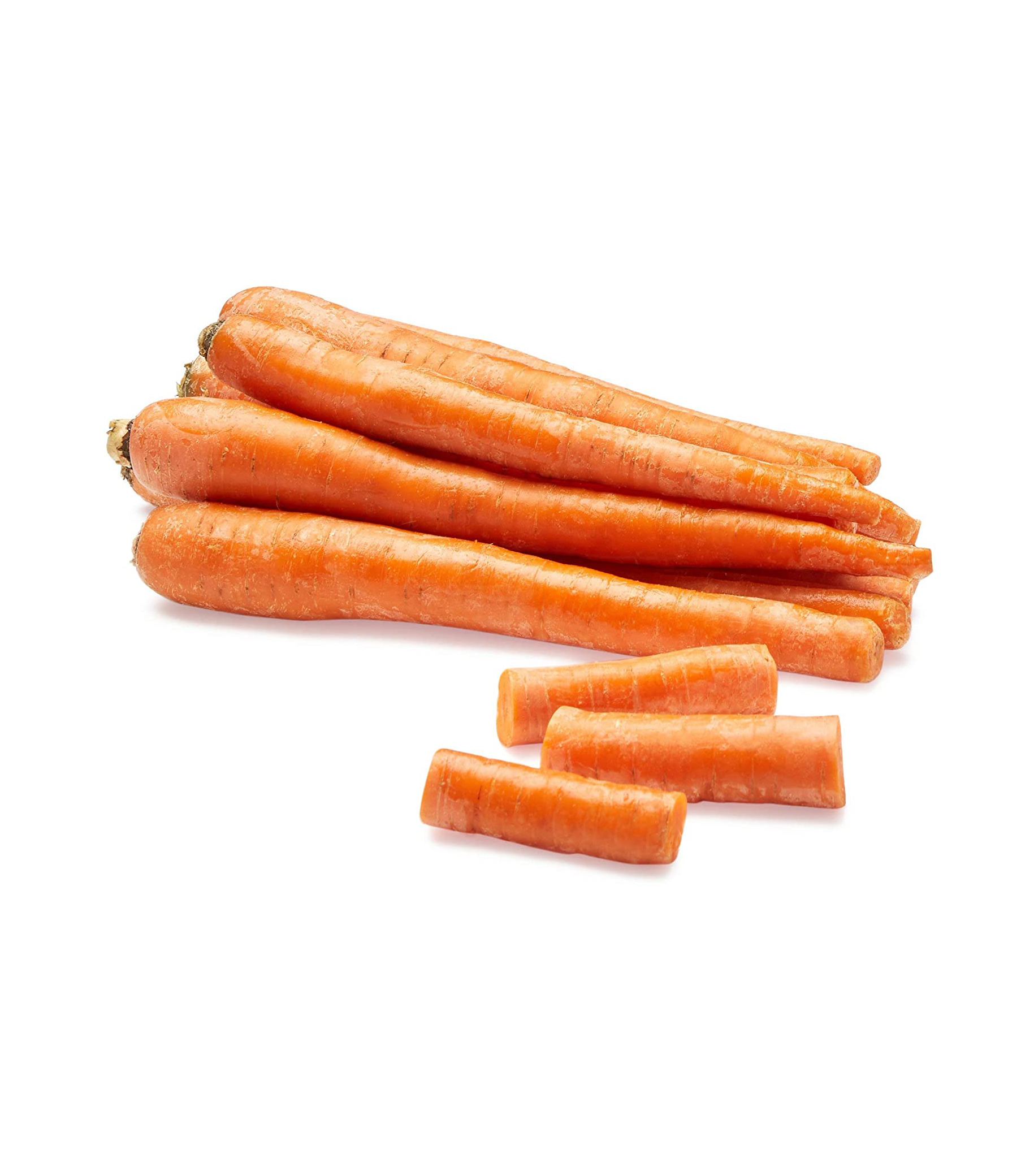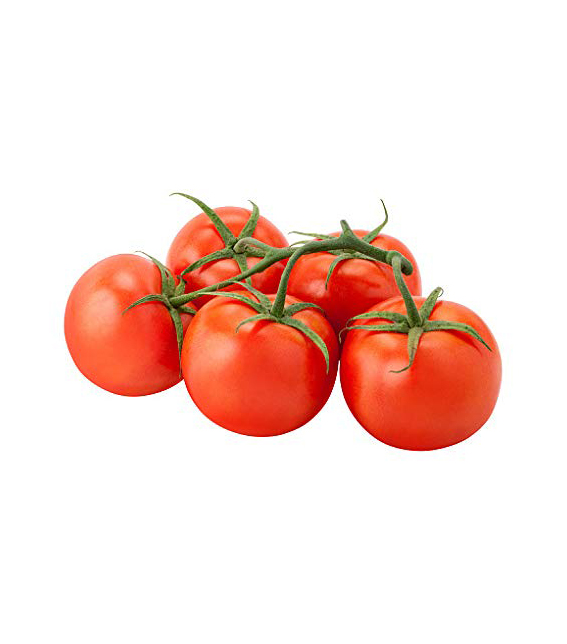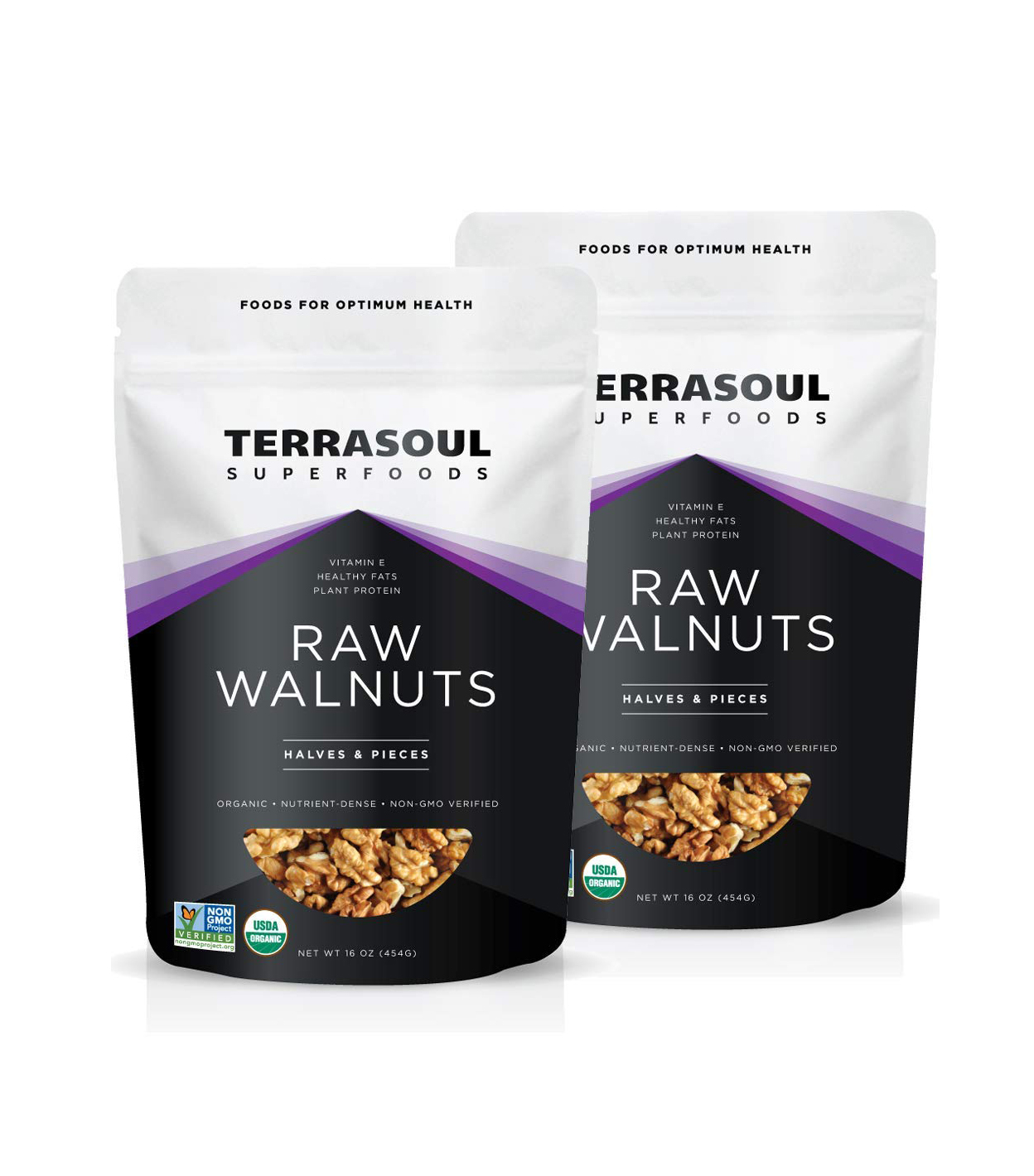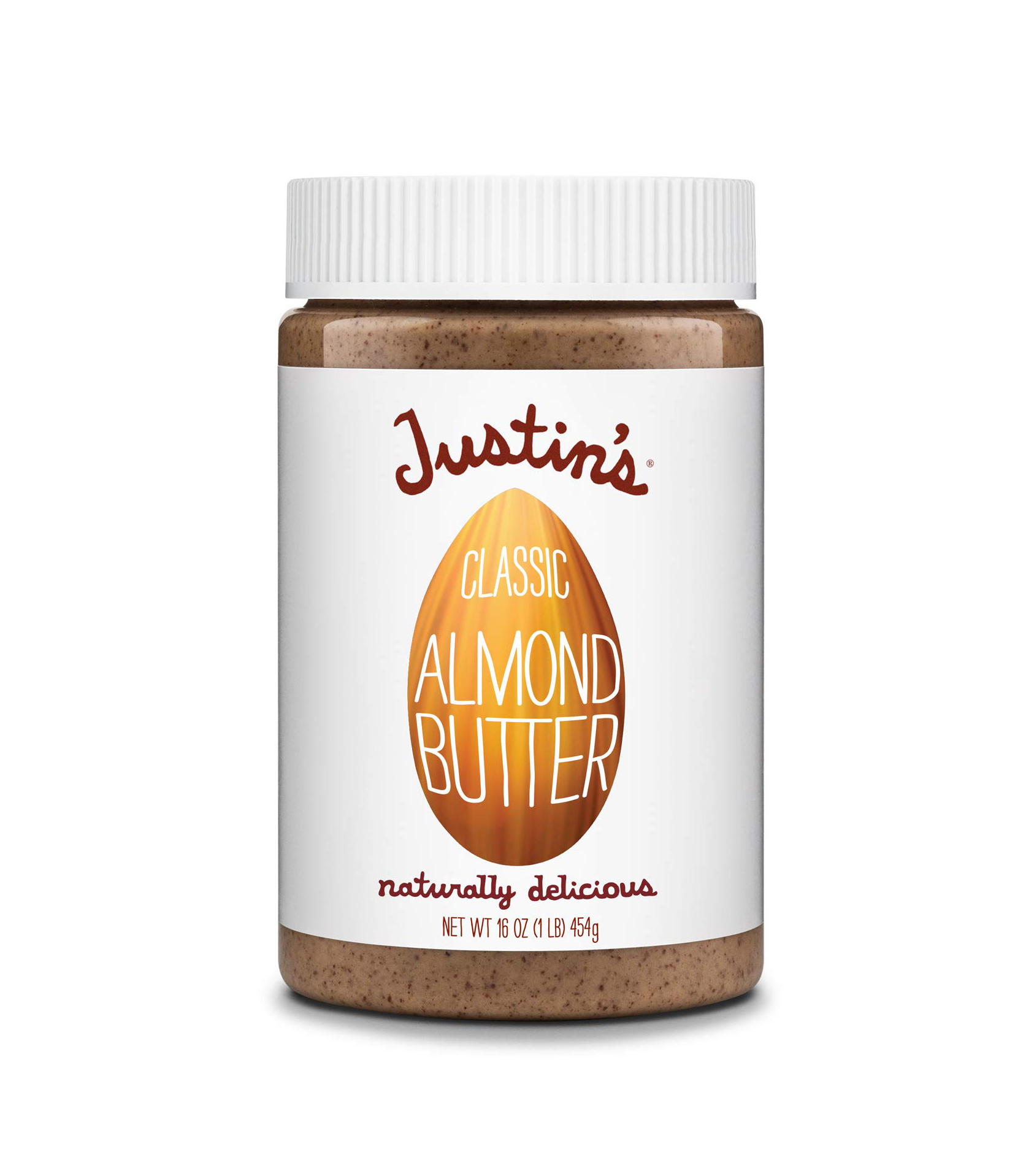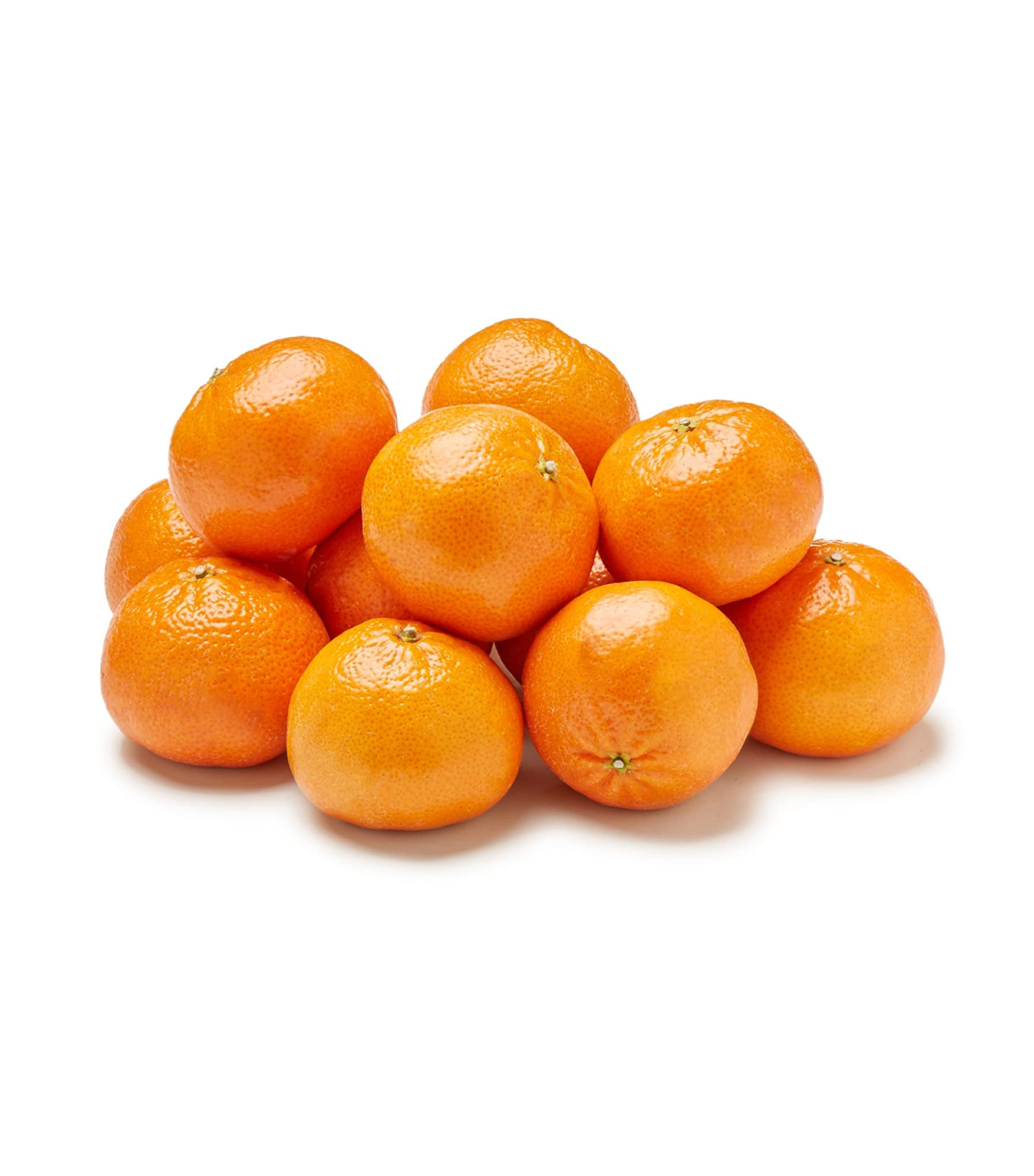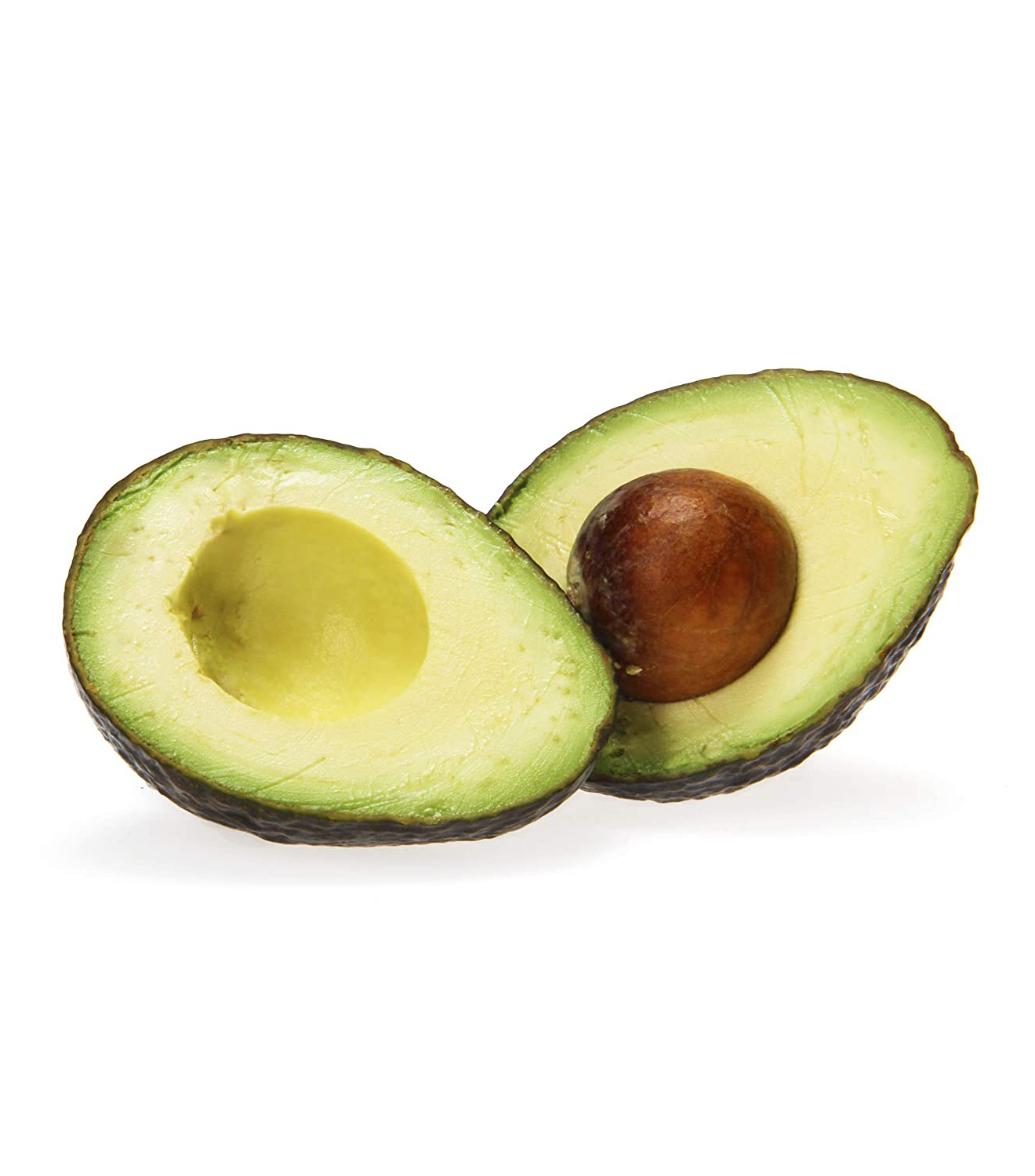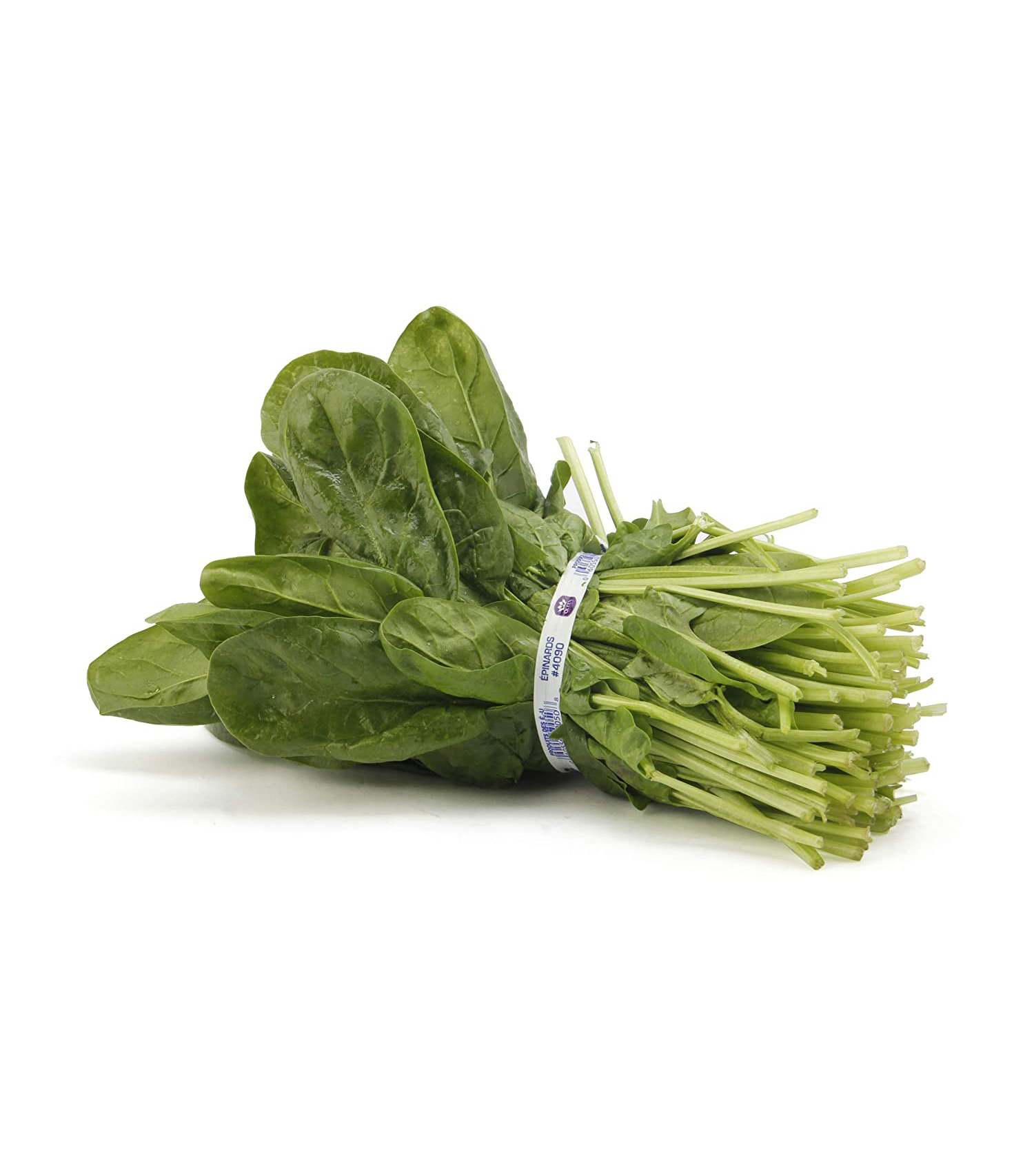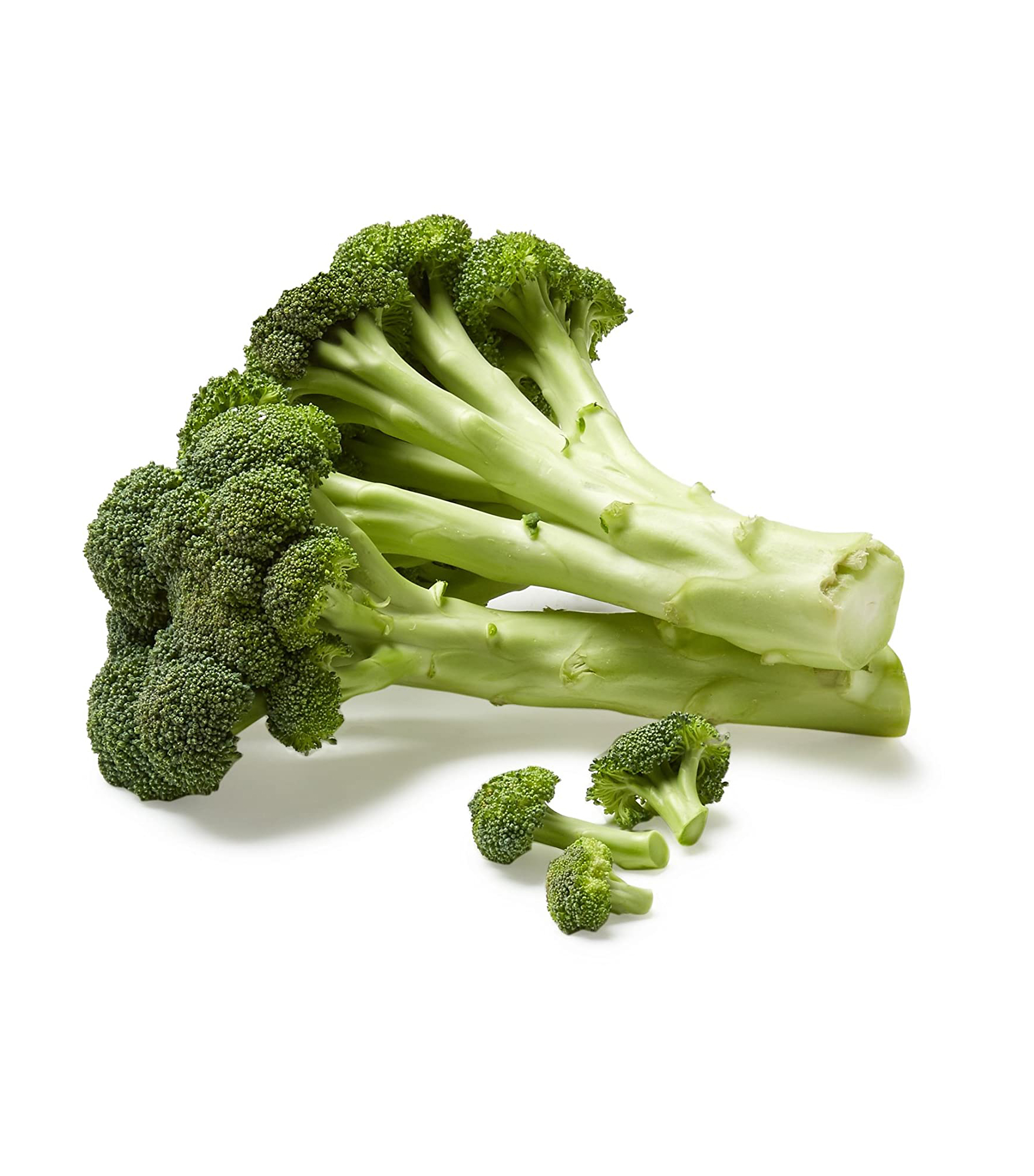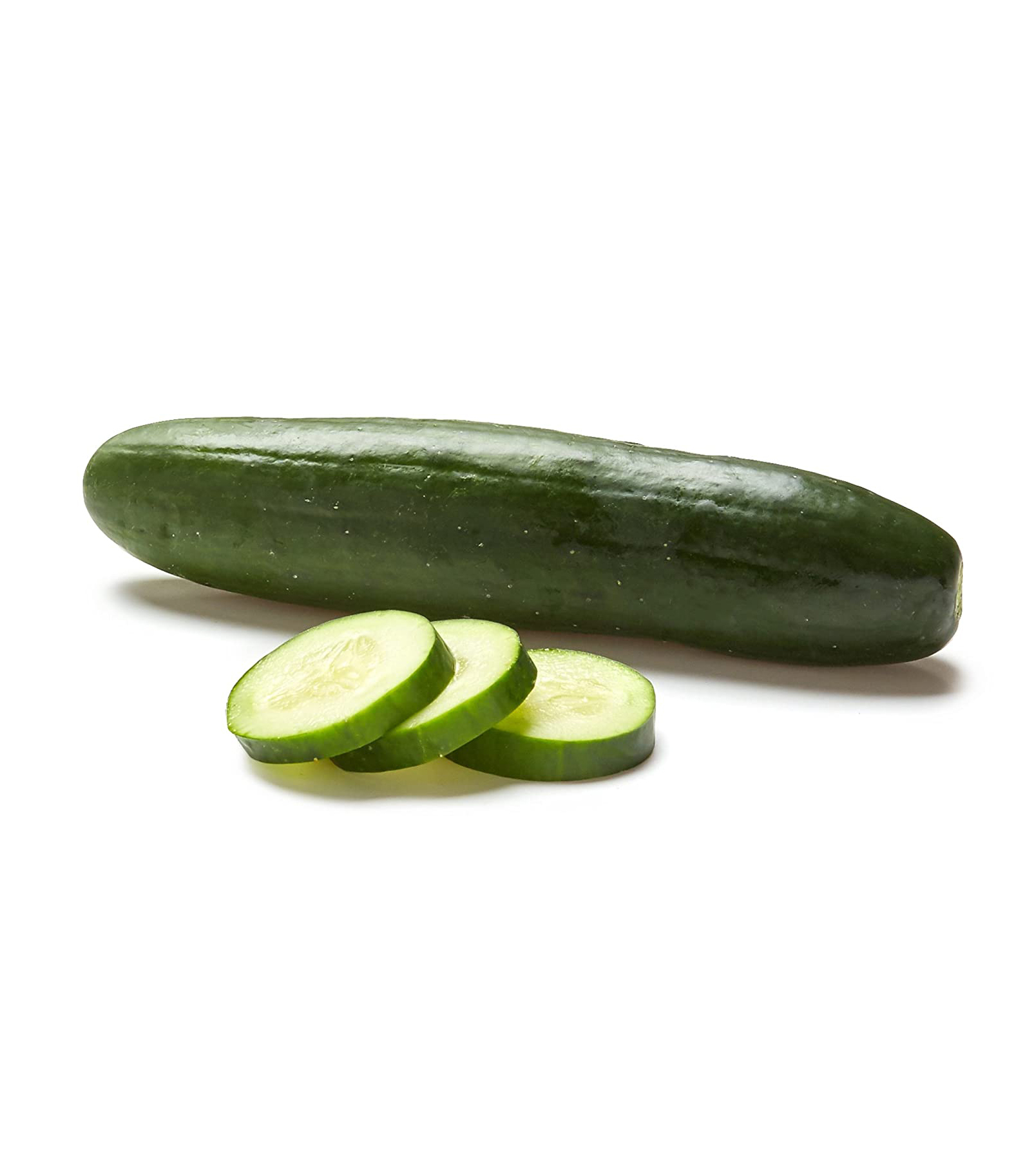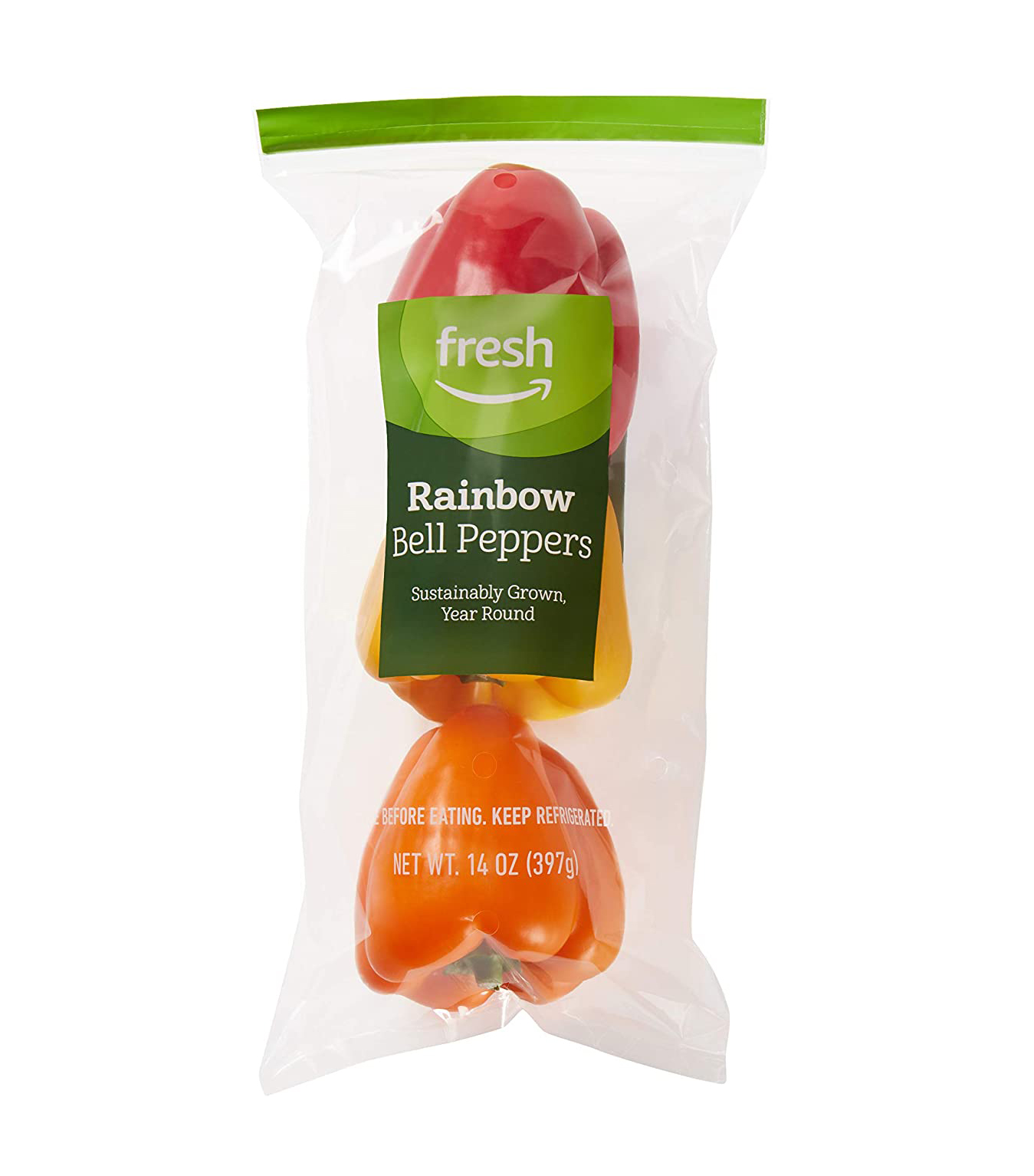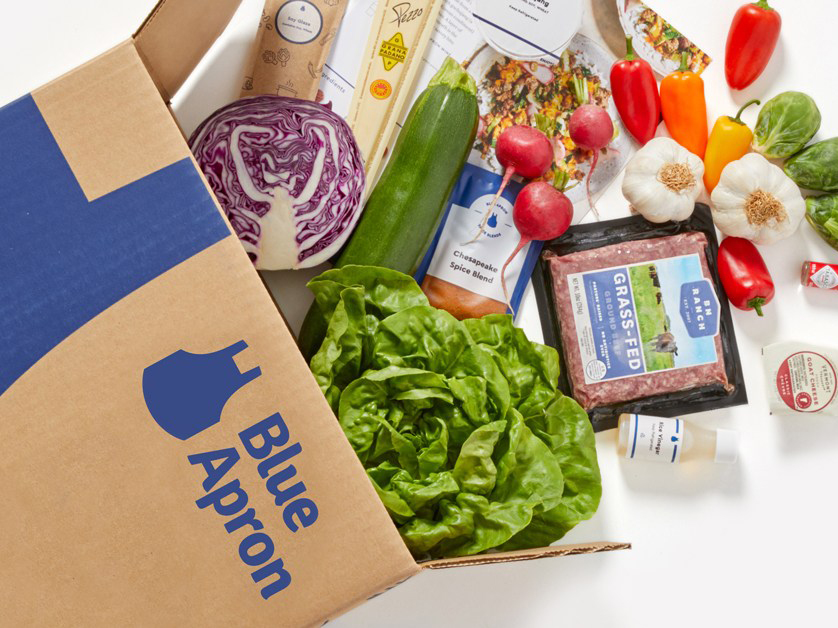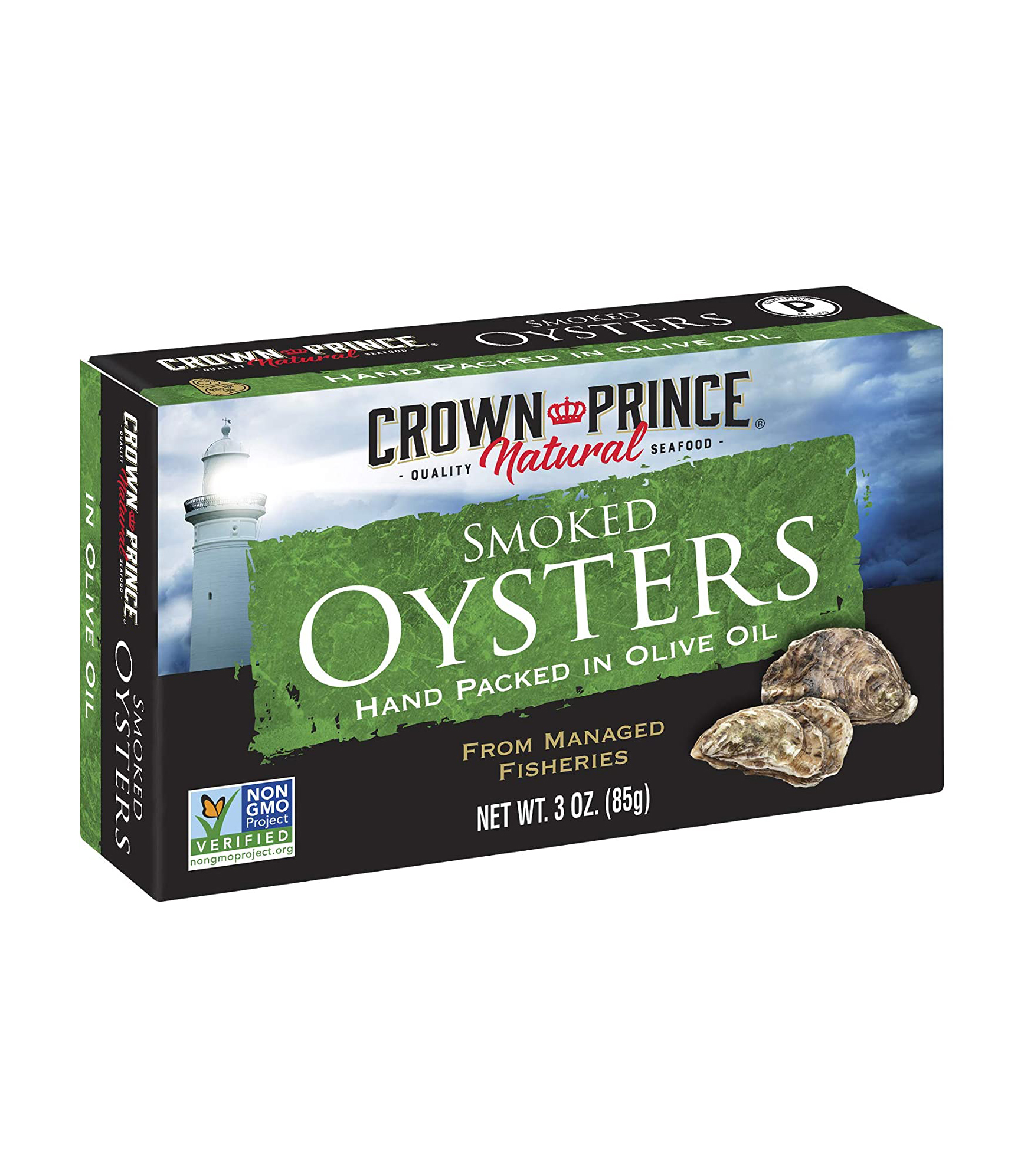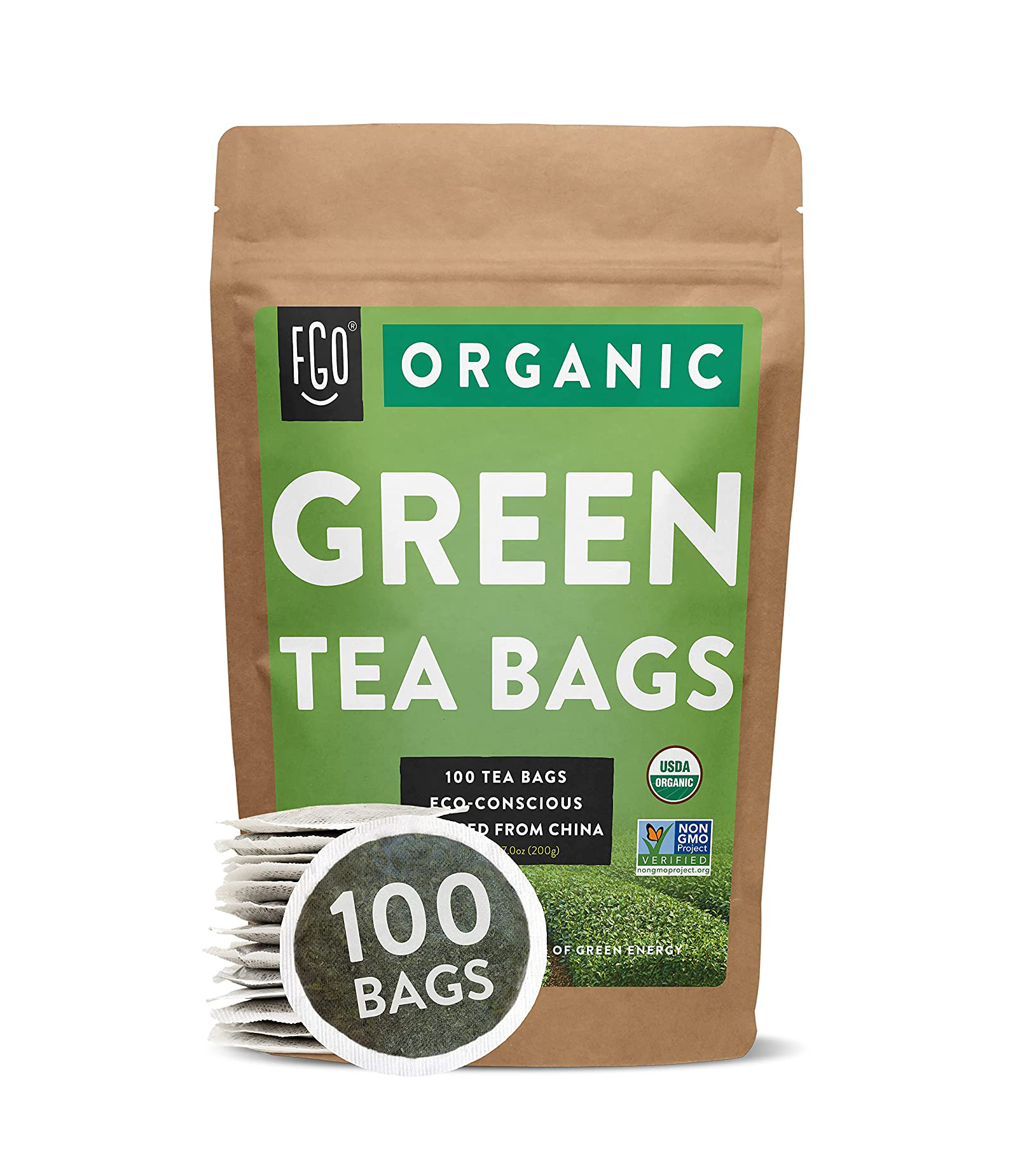These 11 Foods Could Help Your Skin Look So Good

What you eat affects your body. I'm sure you've heard it before, but a balanced, nutritious diet is good for all of your body's systems, from immune to cardiovascular to digestive. I don't mean to sound like a broken record, but it's true.
But we're still learning exactly how your diet affects your skin and which foods are better for it. There are conflicting reports—some people believe your diet is the be-all and end-all of your skin's health, while others think it's only a part of the equation. So I decided to poll a few trusted experts, including dermatologists, dietitians, and health coaches, to get their take on how your diet affects your skin.
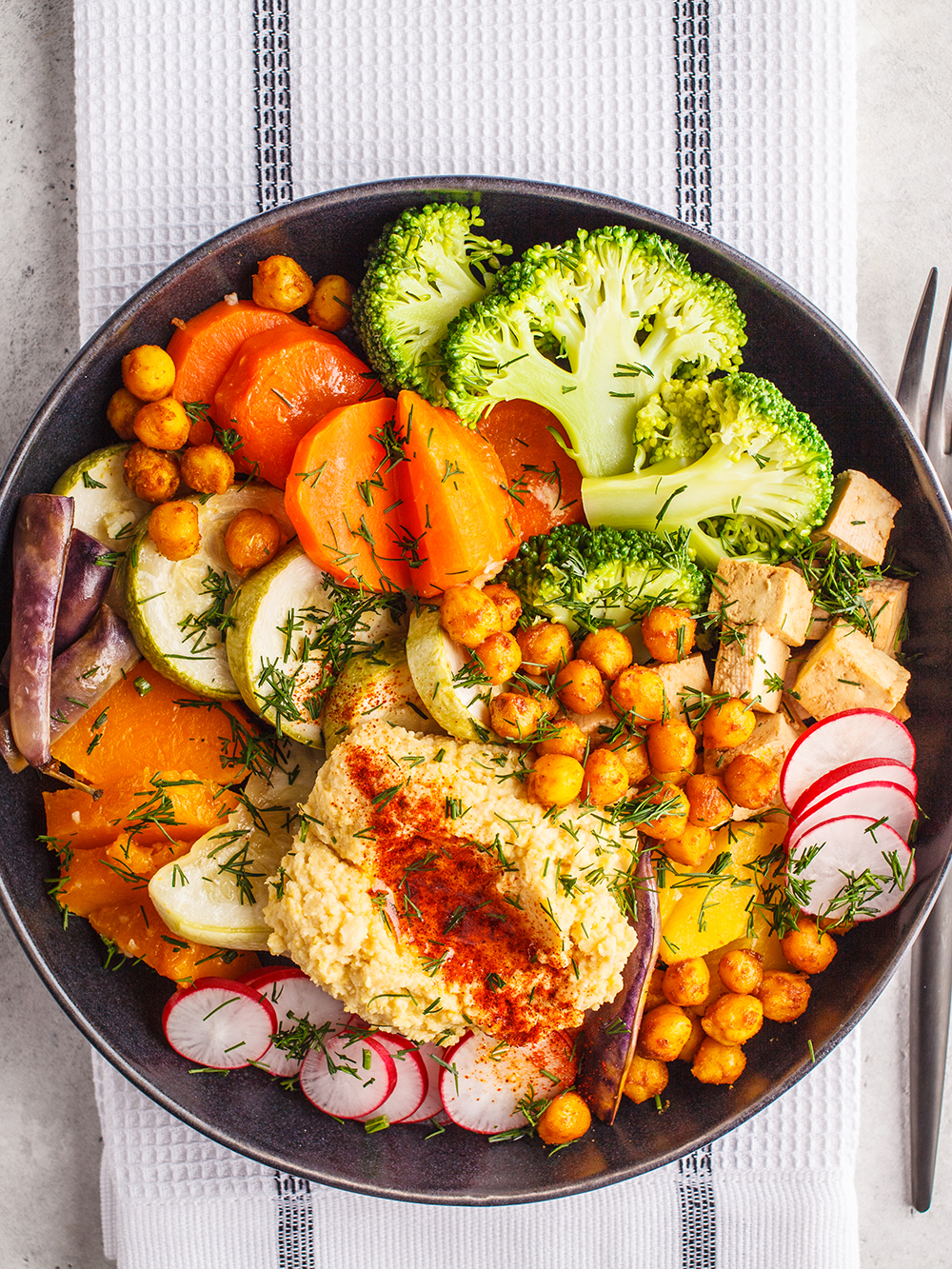
There is still a lot of research to be done on the impact of diet on skin health, but it definitely plays a role. "Nutrition greatly impacts all parts of the body, including the skin," explains women's health dietitian and founder of Flourish Heights Valerie Agyeman, RD. "Changes in skin texture, color, dryness, temperature, and overall appearance are among the first signs of nutrient deficiency and other health concerns. A balanced dietary routine with a variety of fruits, vegetables, lean protein, healthy fats, and complex carbohydrates provides nutrients that the skin needs for growth and recovery. Supporting this process of growth and recovery is super key to healthy, nourished skin."
It's also important to note that some skin-related conditions like acne and wrinkles are determined by genetics, so even the best diet might not have a huge impact. But other skin conditions, including acne caused by hormones, eczema, psoriasis, and rosacea, might be affected more by gut health and diet.
"Many skin conditions are driven by inflammation, and we do know that certain foods can promote inflammation in the body while others can help to decrease it. We also know that diet and lifestyle choices can interact with our DNA to impact whether or not we develop conditions that we are predisposed to," says clinical nutritionist and Institute for Integrative Nutrition alum Dana McNaught, LDN, CNS.
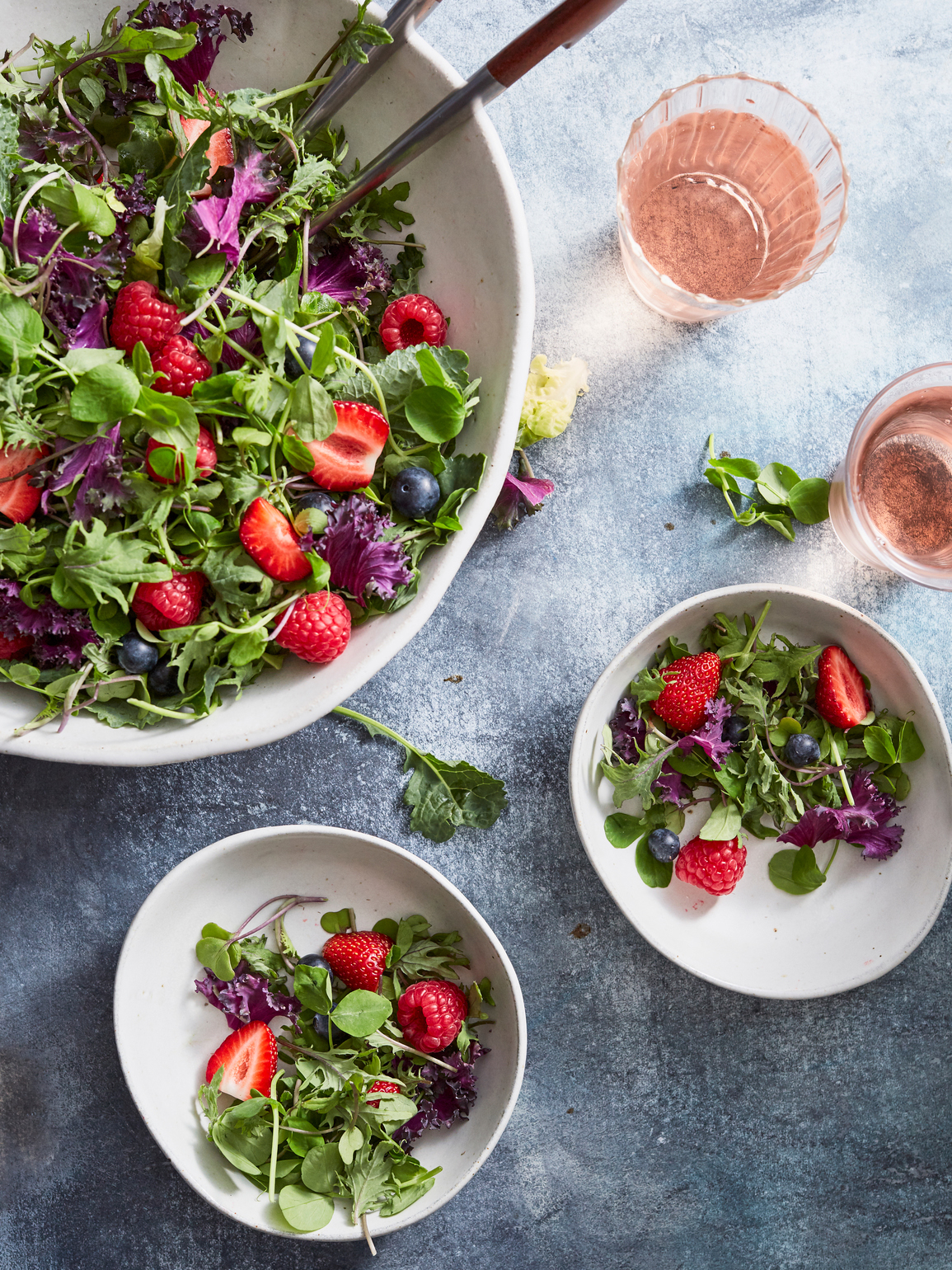
So is it worth it to change your diet to improve your skin? It won't hurt to add nutritious food to your meals, and even if it doesn't help your skin woes, at least you'll be eating well. "There are no guarantees because skin appearance is often related to genetics, but changing your diet to include more whole, plant-based foods is guaranteed to promote health from within by decreasing inflammation, reducing oxidative stress, and promoting hormonal balance—all of which have an impact on skin health," says Rooted Wellness founder Sarah Rueven, MS, RDN, CDN.
Erin D'Elia Assenza, a health coach at Parsley Health, adds that eating an anti-inflammatory diet rich in organic fruits and vegetables, gluten-free whole grains, organic meats, and healthy fats is an important step in improving your skin's health. But you'll also want to visit a dermatologist or other healthcare professional for more information about dietary changes and treatment plans for your skin. A medical professional will be able to give you recommendations that are tailored to your specific needs.
And while it's great to take care of your skin from the inside out, you'll also want to consider topical solutions. According to Skin Wellness Dermatology founder Corey L. Hartman, MD, FAAD, when it comes to your diet, "It is important to note that it is one component of a solid skin regimen, which should also include sun protection and a skincare regimen focused on prevention."
Below, take a look at some of the food that you can add to your diet for healthier skin.
Foods to Eat for Healthy Skin
1. Fatty Fish
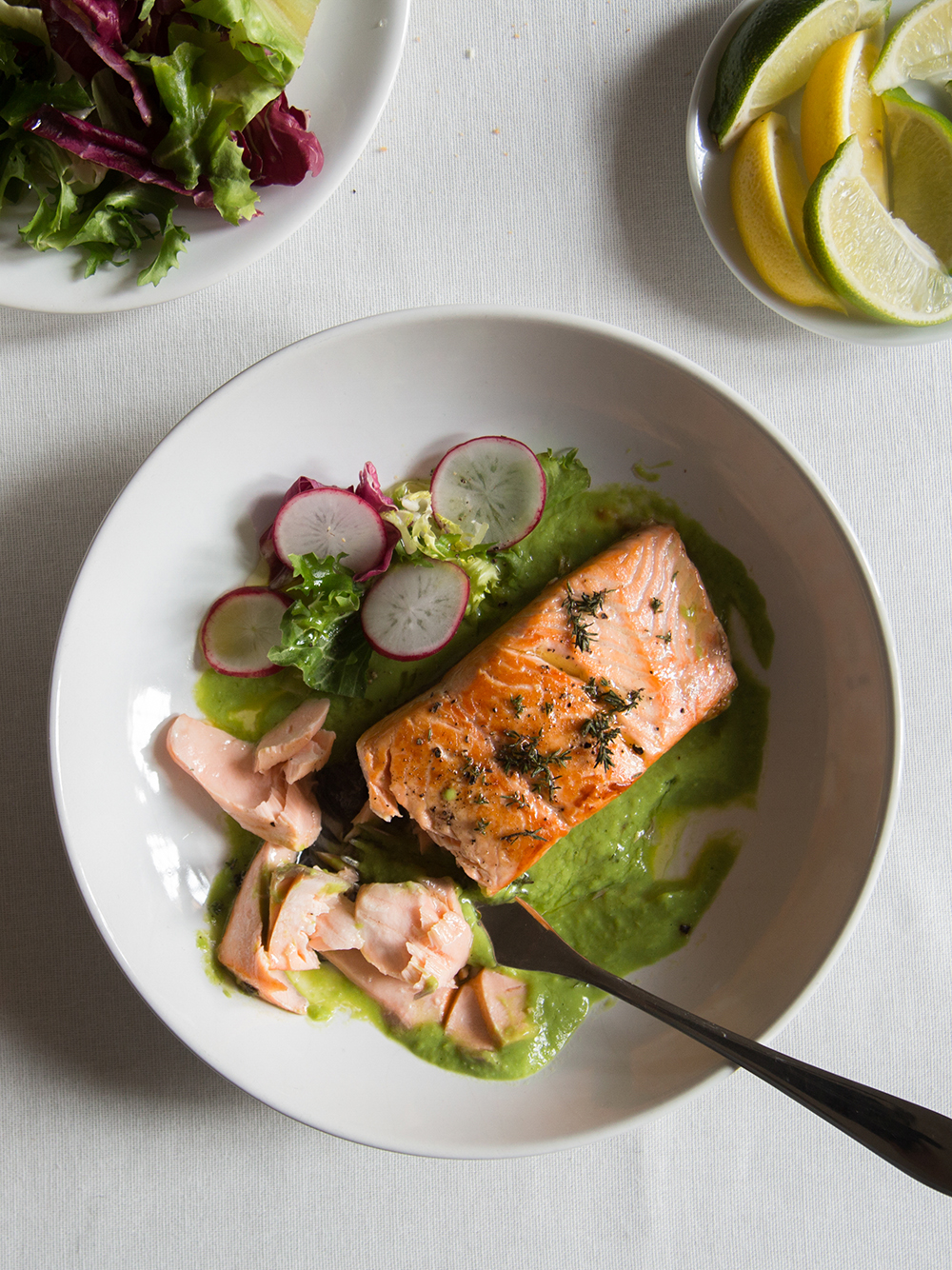
"Fatty fish is a great source of omega-3 fatty acids, which play an essential role in the functioning and appearance of our skin and can influence how our skin responds to inflammation," Rueven says. "Essential fatty acids, ceramides, and other lipids layer upon each other to bolster our skin's surface and form a lipid barrier. Since the lipid composition of our skin is closely tied to dietary fat intake, up your omega-3 intake by consuming fatty fish like salmon, sardines, mackerel, and herring."
Agyeman adds that inflammation can damage the skin cells and result in inflammatory skin conditions like rosacea, psoriasis, rashes, dandruff, and acne.
2. Foods Rich in Beta-Carotene
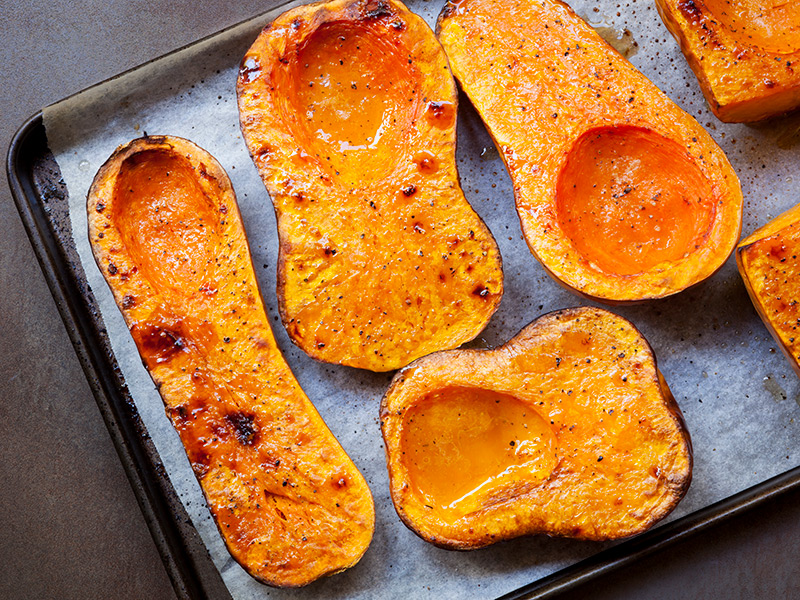
"Sweet potatoes and carrots are a great source of beta-carotene, which is another antioxidant that protects skin from sun exposure. It does not take the place of sunscreen, but can help prevent sunburn and dry skin," says McNaught. Other foods that are rich in beta-carotene include tomatoes, squash, and bell peppers.
Agyeman explains that the body converts beta-carotene into vitamin A, a powerful antioxidant that protects skin cells from UV damage and premature aging, supports cell growth, and stimulates collagen production.
3. Nuts and Seeds
"There's so much to love about nuts and seeds. Not only are they great sources of protein and fiber, but they're also packed with skin-boosting nutrients like unsaturated fats, vitamin E, zinc, and selenium," explains Rueven. "Zinc is a mineral involved in the skin's repair process, and it also serves as an antioxidant, helping to prevent UV damage. Selenium is another powerful antioxidant that helps protect against the harmful effects caused by free radicals."
She recommends tossing sunflower and pumpkin seeds onto your salad, throwing some walnuts on your chia-seed pudding, or smearing almond butter on an apple.
4. Citrus Fruits
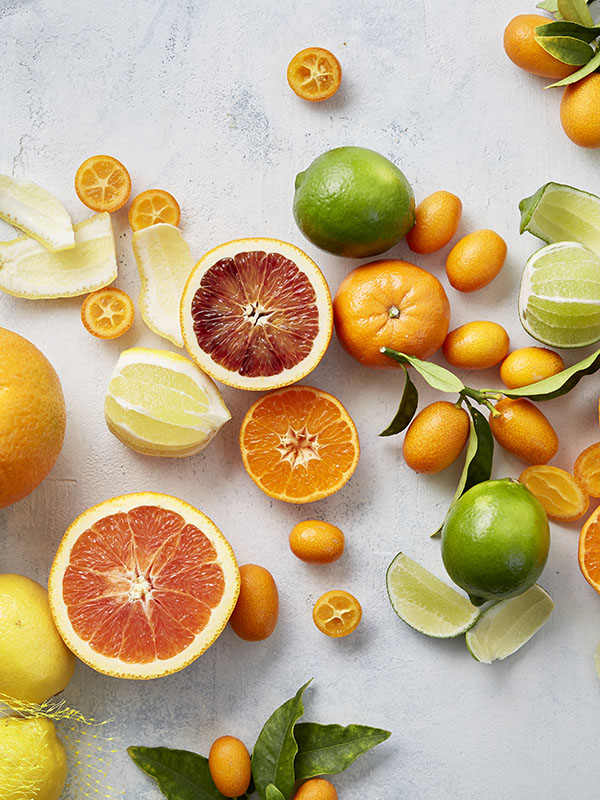
Citrus fruits are packed with vitamin C, which Agyeman says is essential for the production of collagen. "Collagen is the most abundant protein in the body and plays an essential role in the structure of the skin, bones, muscles, and connective tissues," she explains. "Collagen in the skin stimulates cell replacement, aids cell restoration, and prevents overall skin sagging, all of which are signs of aging."
5. Avocados
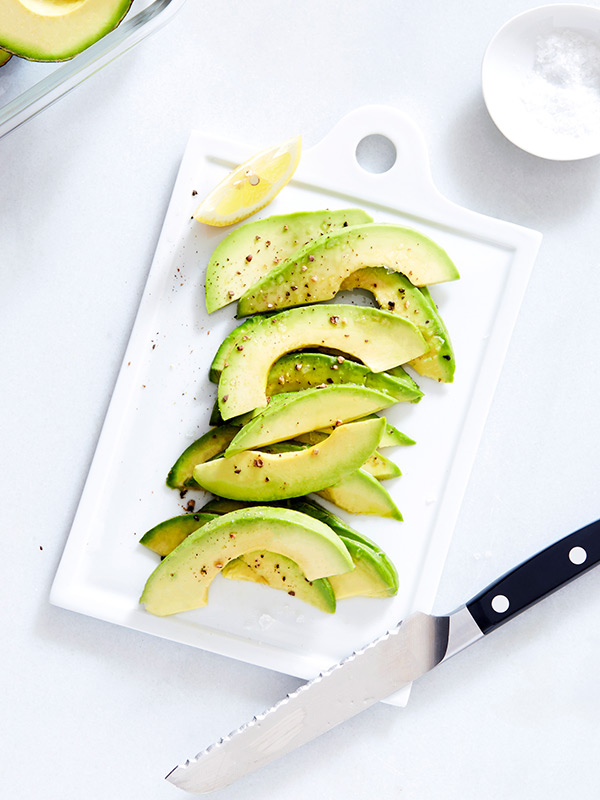
"Avocados are also high in healthy fats and are a great source of vitamin E. They contain compounds that may help protect the skin from oxidative damage, which leads to wrinkles and photoaging," Hartman says.
6. Dark Leafy Greens
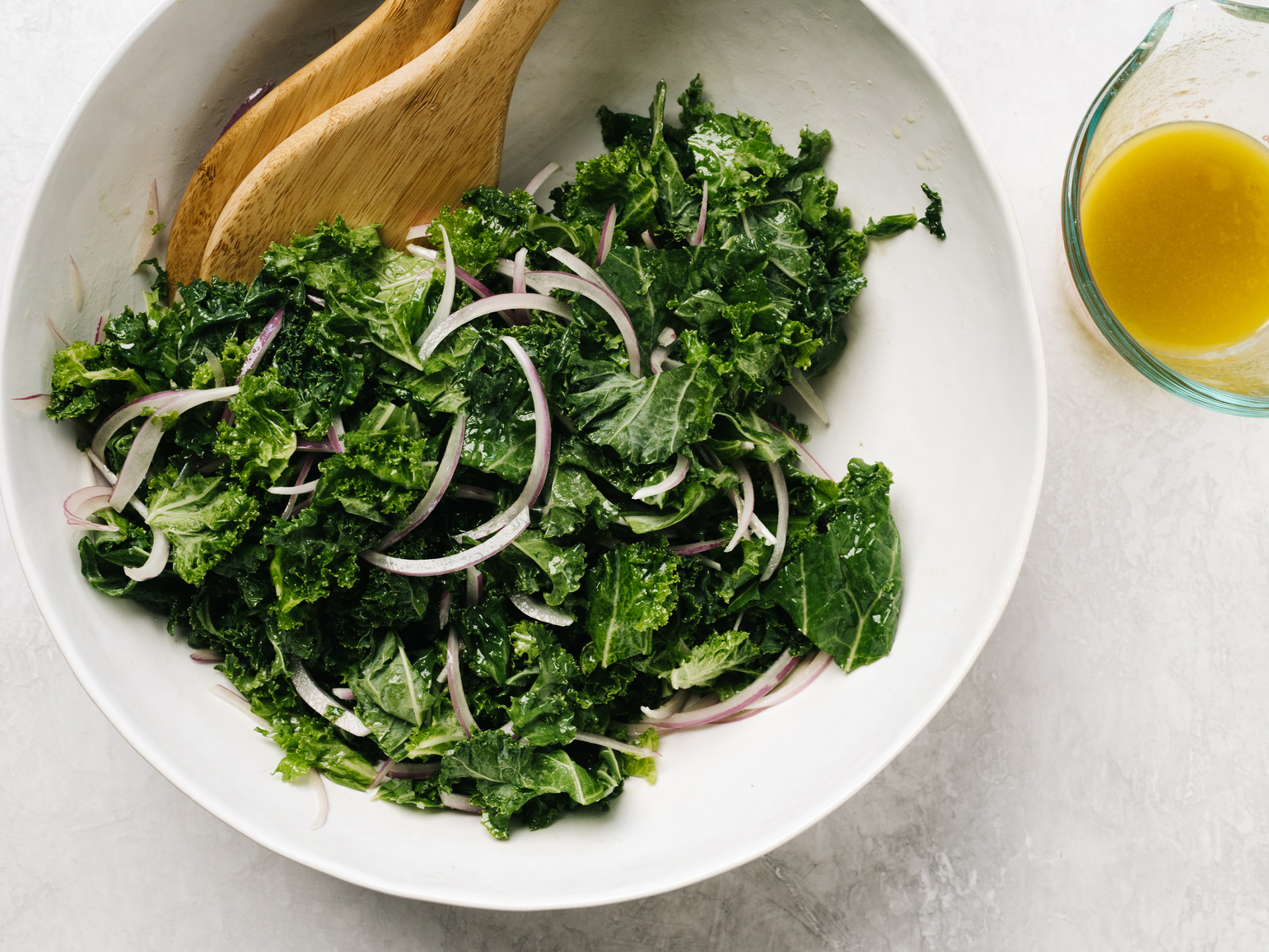
"Dark leafy greens like collard greens and kale are also a great source of vitamin A and vitamin C," McNaught says. "They contain antioxidants like quercetin that protect the skin from free radicals. Eating a variety of colorful fruits and vegetables will provide an array of antioxidants to protect the skin."
Agyeman adds that they're also rich in lutein, an antioxidant that prevents premature aging by reducing oxidative and UV skin-cell damage.
7. Broccoli
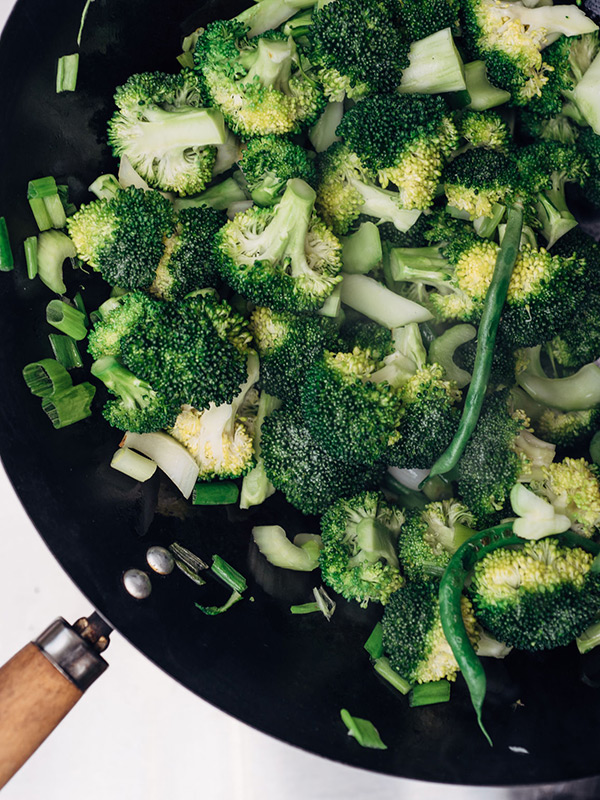
"Broccoli is chock-full of many vitamins and minerals that benefit the skin, including zinc, vitamin A, and vitamin C. It also contains lutein, which protects against oxidative damage, keeping it hydrated and free of wrinkles," Hartman says.
8. Cucumbers
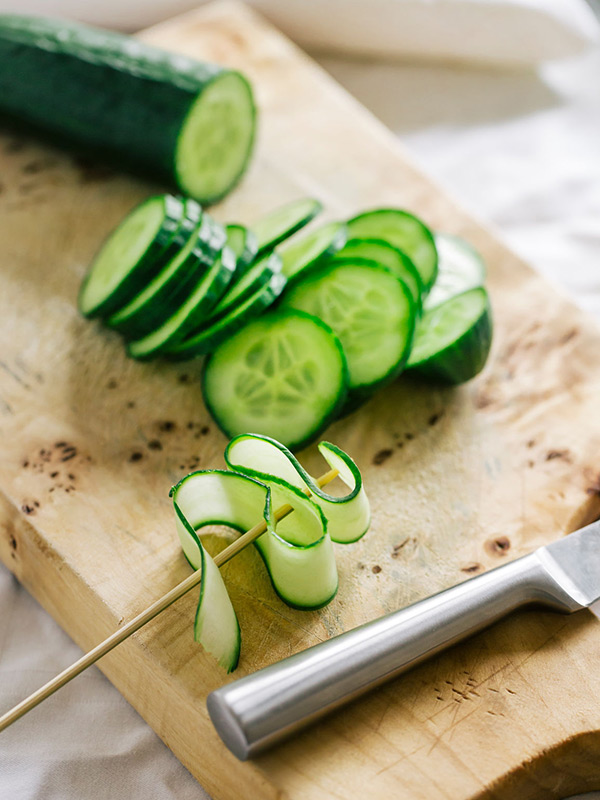
"Cucumbers have a high water content (96%), so eating them can contribute to your intake of water for the day," Agyeman says. "Water is important for skin health because it keeps the skin hydrated, supports skin elasticity, and aids in the removal of waste and toxins that can harm the skin cells."
9. Bell Peppers
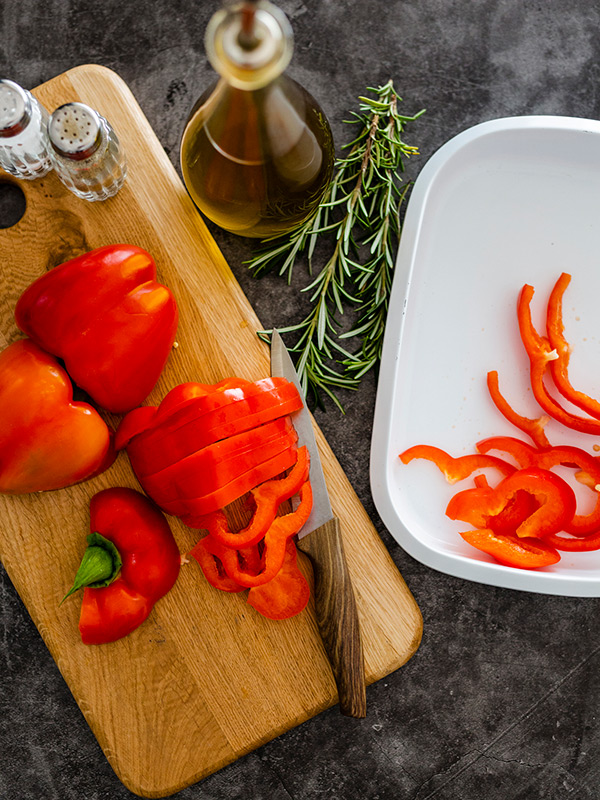
Bell peppers are one of the best sources of vitamins A and C, says Rueven. "Be sure to pair vitamin A–rich foods with a source of fat like avocado, olive oil, nuts, or seeds to enhance the body's absorption of the vitamin."
Rueven also adds that vitamin C acts in synergy with other potent antioxidants in the body like vitamin E and glutathione to protect the outer epidermis barrier of our skin from sun damage and neutralize free radicals produced by UV rays. It also plays a crucial role in healing wounds.
10. Oysters and Crabs
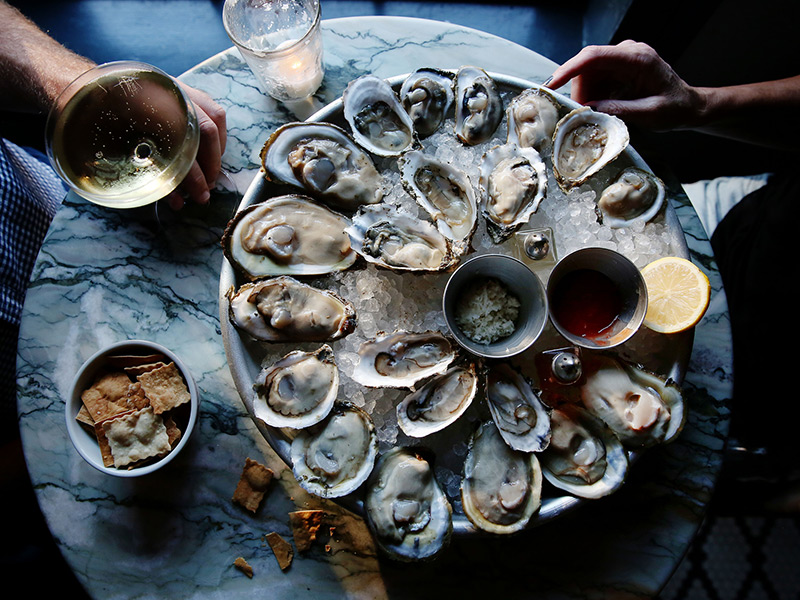
D'Elia Assenza says that oysters and crabs contain zinc, which is critical for immune-system balance, tissue turnover, and skin repair.
11. Green Tea
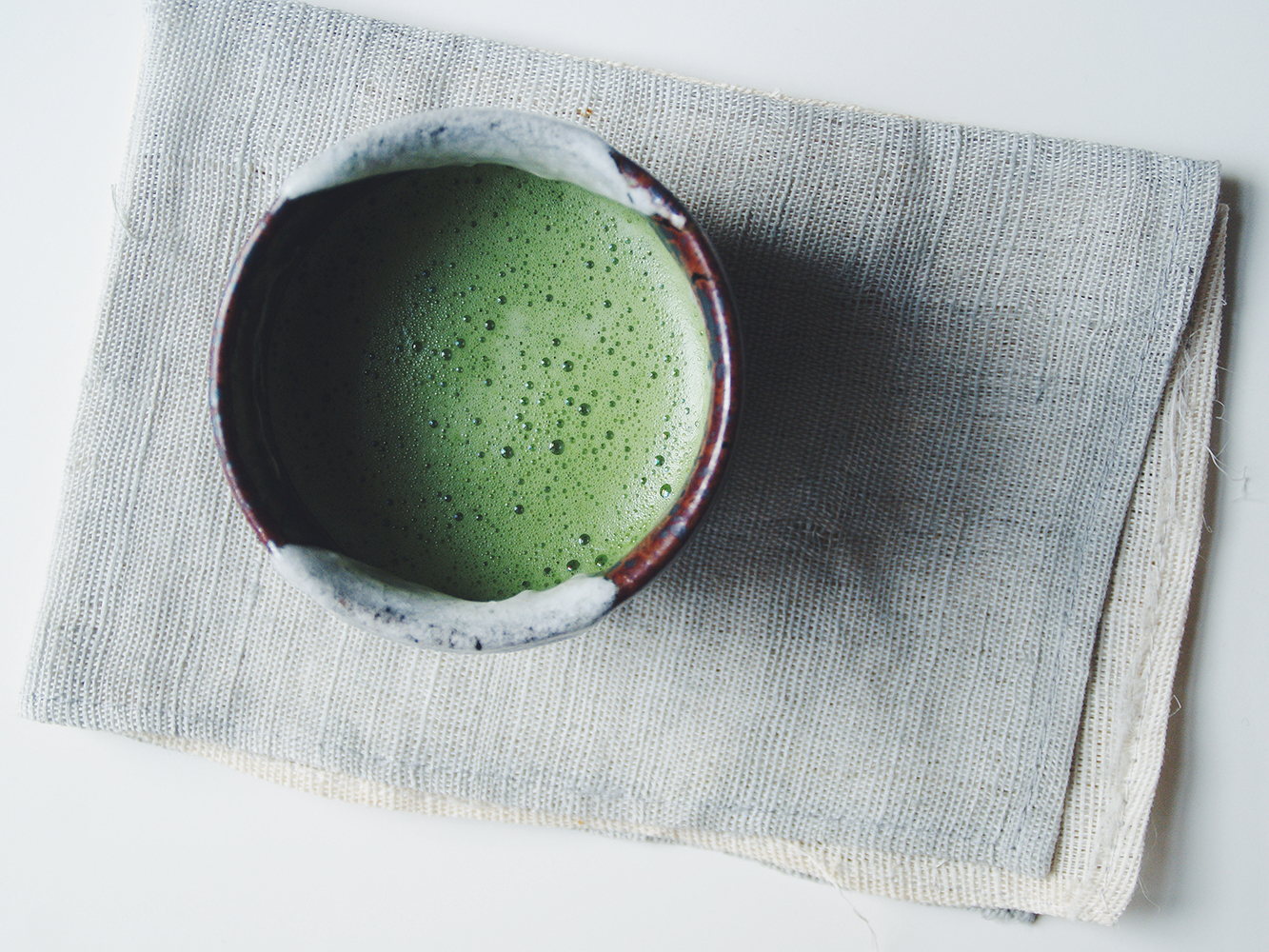
"Green tea contains a group of compounds called catechins, which protect skin from sun damage and reduce redness. Green tea has also been shown to improve skin elasticity and moisture content," says McNaught.
Foods to Avoid
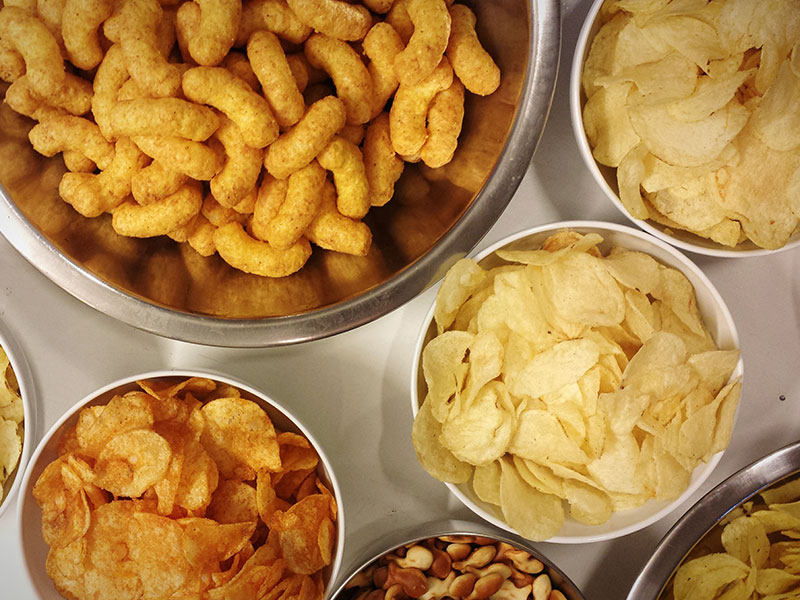
The foods above can help improve your skin health, but there are also certain foods that won't do your skin any favors. "This depends on your skin concerns. If, for example, you have hormonal acne or PCOS, you may be advised to avoid dairy and high-glycemic foods," McNaught explains. "Most skin conditions are worsened by alcohol consumption because it is toxic to our cells, so that is certainly something to consider." You can discuss your diet with a physician or nutritionist if you notice certain foods might be linked to certain skin conditions or adverse or worsening symptoms.
Agyeman says that, although research is not conclusive, many studies have supported the avoidance of certain foods, like refined carbohydrates, added sugars, fried food, and dairy, which may negatively affect the skin. "Studies of these foods have shown that they may stimulate inflammation that can damage the skin," she explains. "Refined carbohydrates like white bread and sugar can cause spikes in blood sugar levels and insulin resistance, both of which have been shown to increase sebum production on the skin that can lead to oily skin, clogged pores, and acne. These foods can be part of a healthful eating routine, but be sure to prioritize whole foods as you are able to."
Next: These Are the 8 Best Antioxidants for the Skin, According to Experts
Disclaimer
This article is provided for informational purposes only and is not intended to be used in the place of advice of your physician or other medical professionals. You should always consult with your doctor or healthcare provider first with any health-related questions.
Sarah is lifestyle writer and editor with over 10 years of experience covering health and wellness, interior design, food, beauty, and tech. Born and raised in Los Angeles, she attended New York University and lived in New York for 12 years before returning to L.A. in 2019. In addition to her work at Who What Wear, she held editor roles at Apartment Therapy, Real Simple, House Beautiful, Elle Decor, and The Bump (sister site of The Knot). She has a passion for health and wellness, but she especially loves writing about mental health. Her self-care routine consists of five things: a good workout, “me” time on the regular, an intriguing book/podcast/playlist to unwind after a long day, naps, and decorating her home.
-
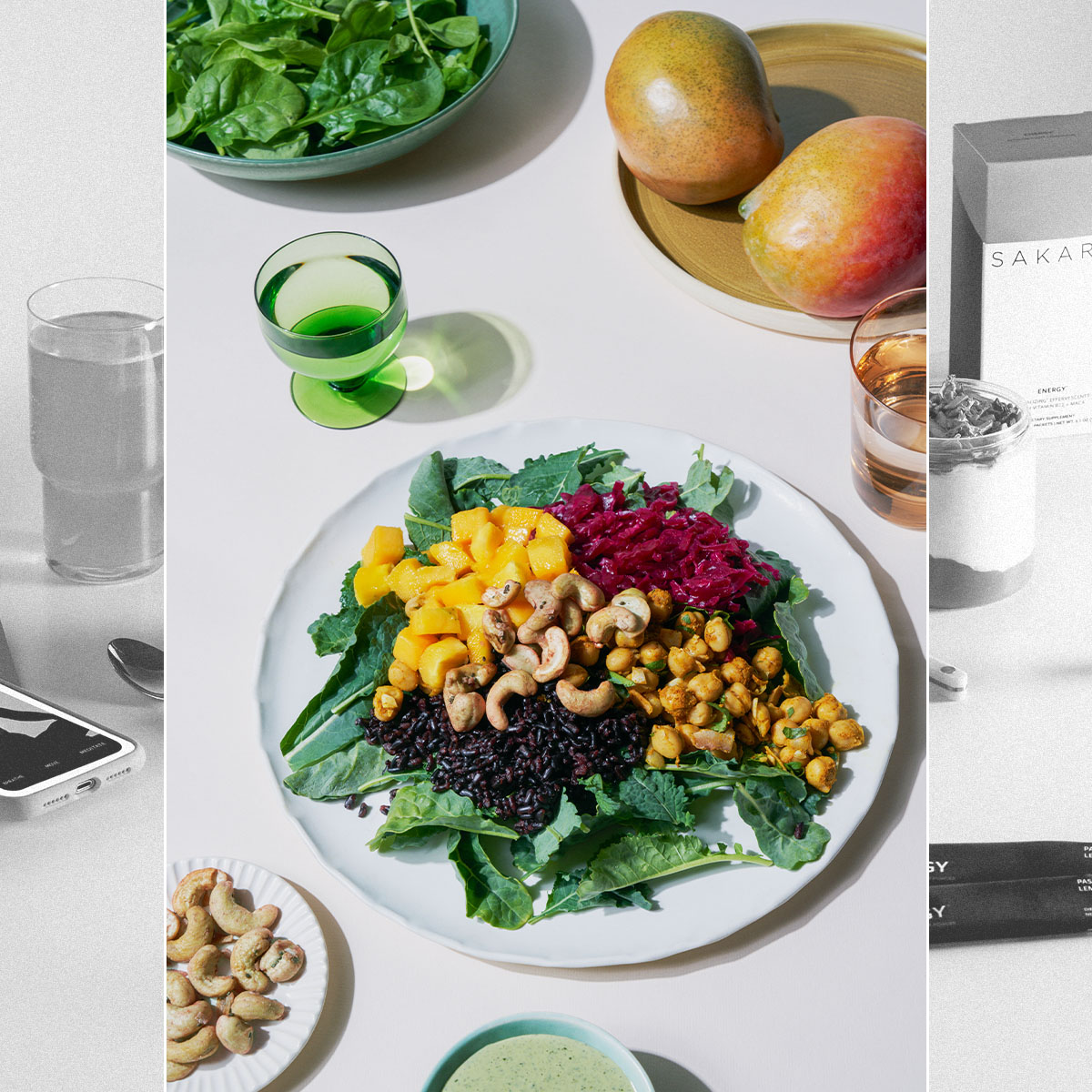 Bella Hadid and Gwyneth Paltrow Apparently Love Sakara Life, so We Tried It for 30 Days
Bella Hadid and Gwyneth Paltrow Apparently Love Sakara Life, so We Tried It for 30 DaysHere are our honest thoughts.
By Erin Jahns
-
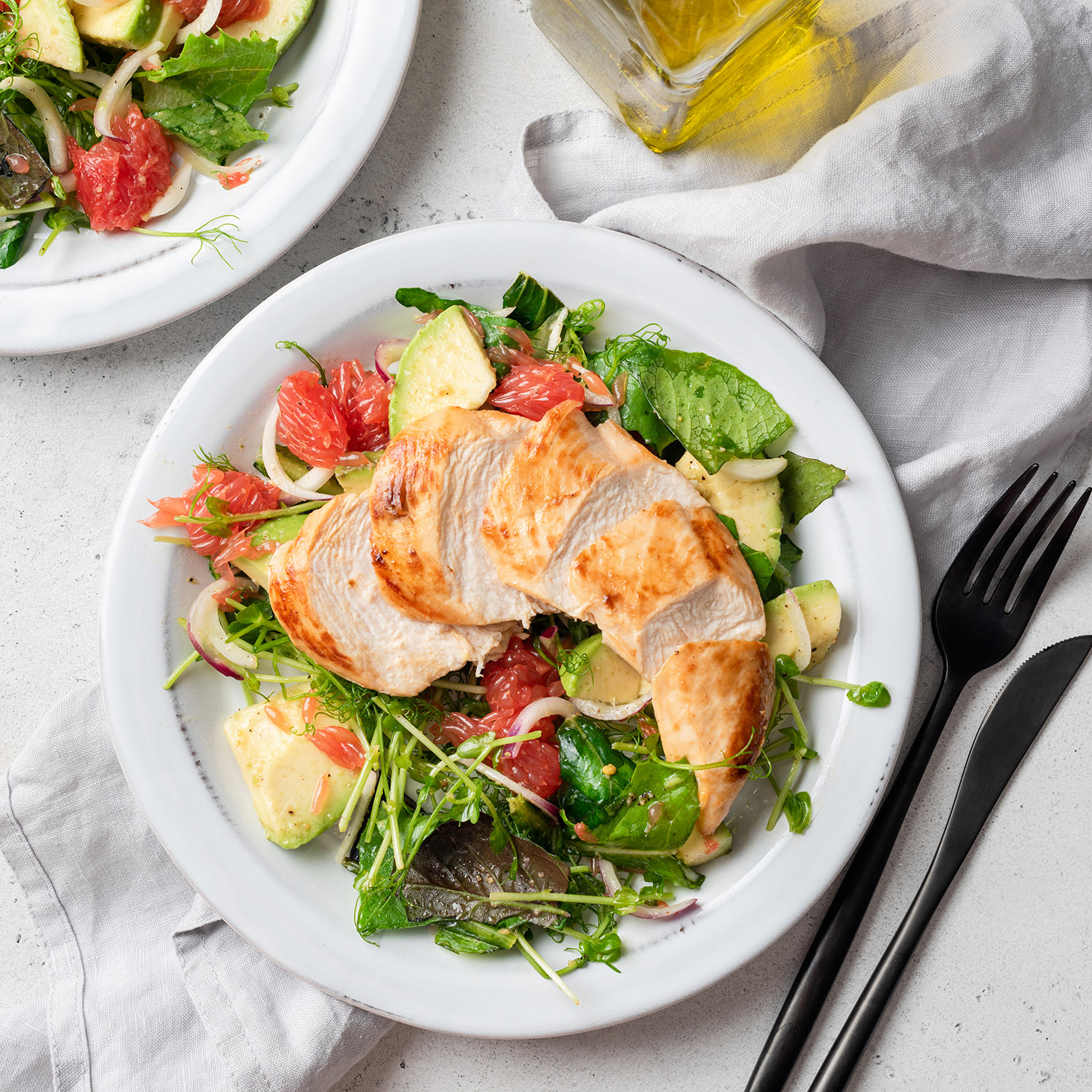 The 6 Warning Signs You're Not Getting Enough Protein
The 6 Warning Signs You're Not Getting Enough ProteinAnd what to eat to up your intake.
By Sarah Yang
-
 Everything This Professional Ballet Dancer Eats to Fuel Her for Performances
Everything This Professional Ballet Dancer Eats to Fuel Her for PerformancesHer grocery staples include high-quality French butter.
By Candice Aman
-
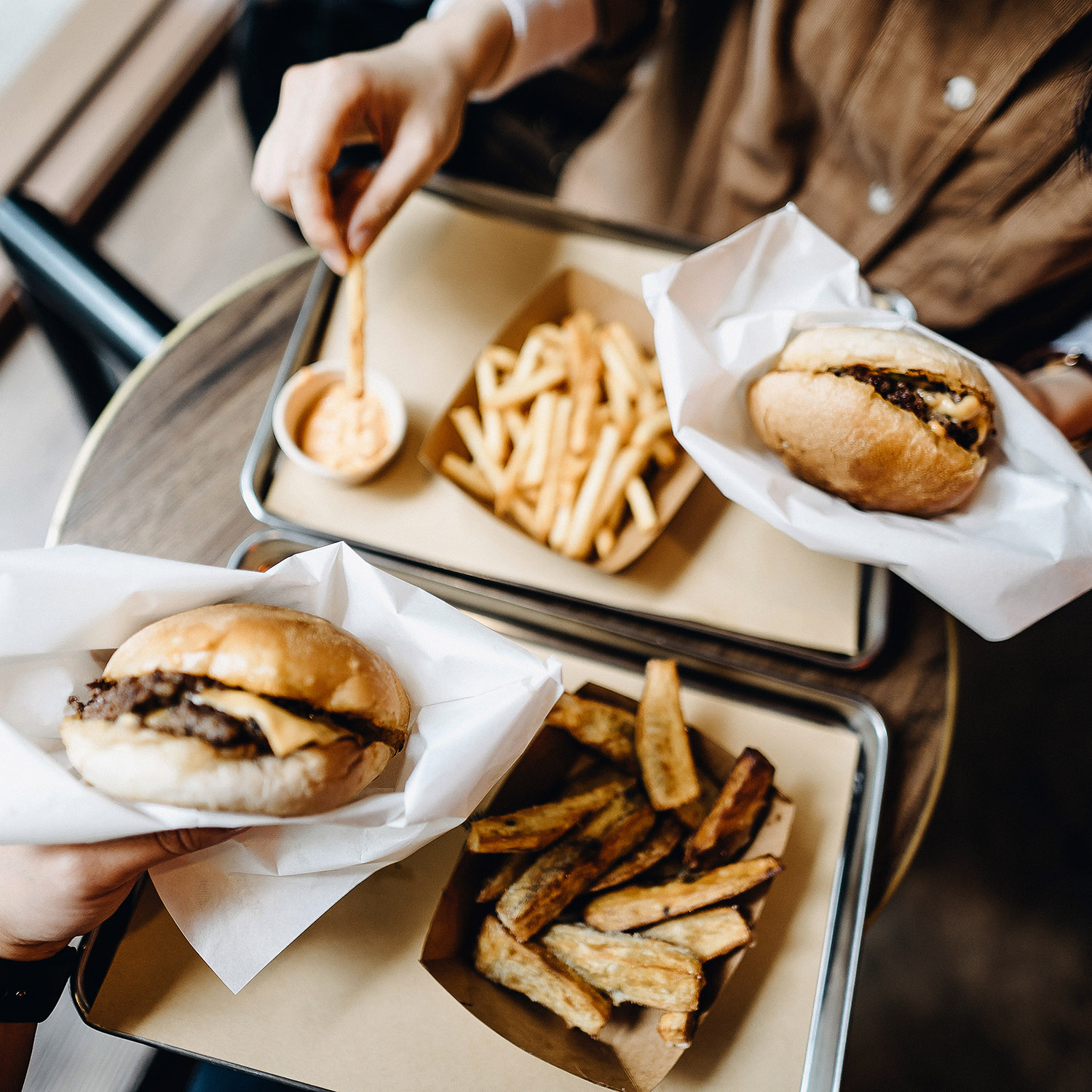 These 8 Foods Are the Worst for Rosacea—Here's What to Eat Instead
These 8 Foods Are the Worst for Rosacea—Here's What to Eat InsteadControl those flare-ups.
By Sarah Yang
-
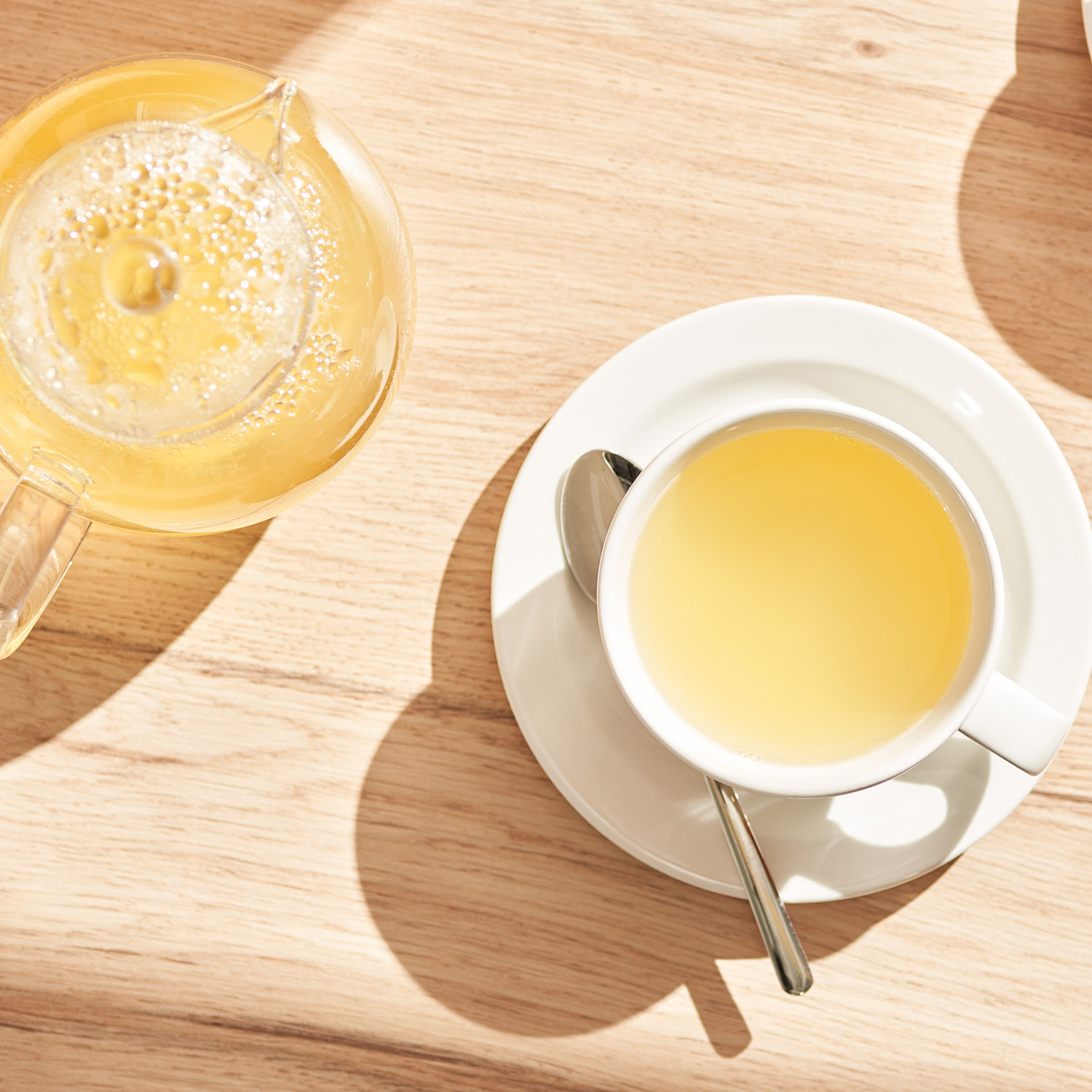 15 Things That Cause Bloating and How to Get Rid of It ASAP
15 Things That Cause Bloating and How to Get Rid of It ASAPTry these.
By Sarah Yang
-
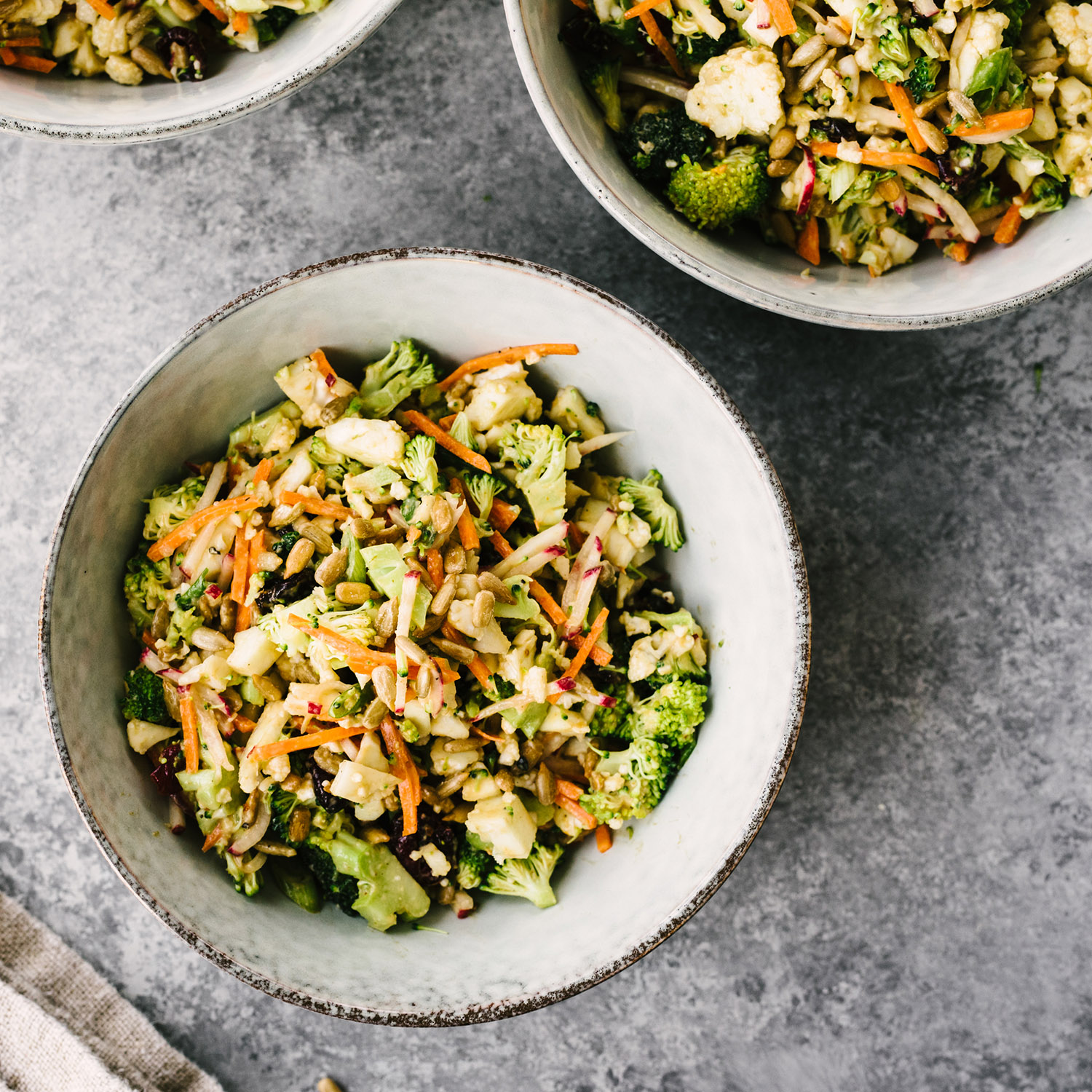 Is the Alkaline Diet Overhyped? What Experts Want You to Know
Is the Alkaline Diet Overhyped? What Experts Want You to KnowHere's how it works.
By Sarah Yang
-
 I'm an Imperfect Dietitian and My Key to Eating Healthy Meals Is Convenience
I'm an Imperfect Dietitian and My Key to Eating Healthy Meals Is ConvenienceTake a peek at my weekly grocery staples.
By Candice Aman
-
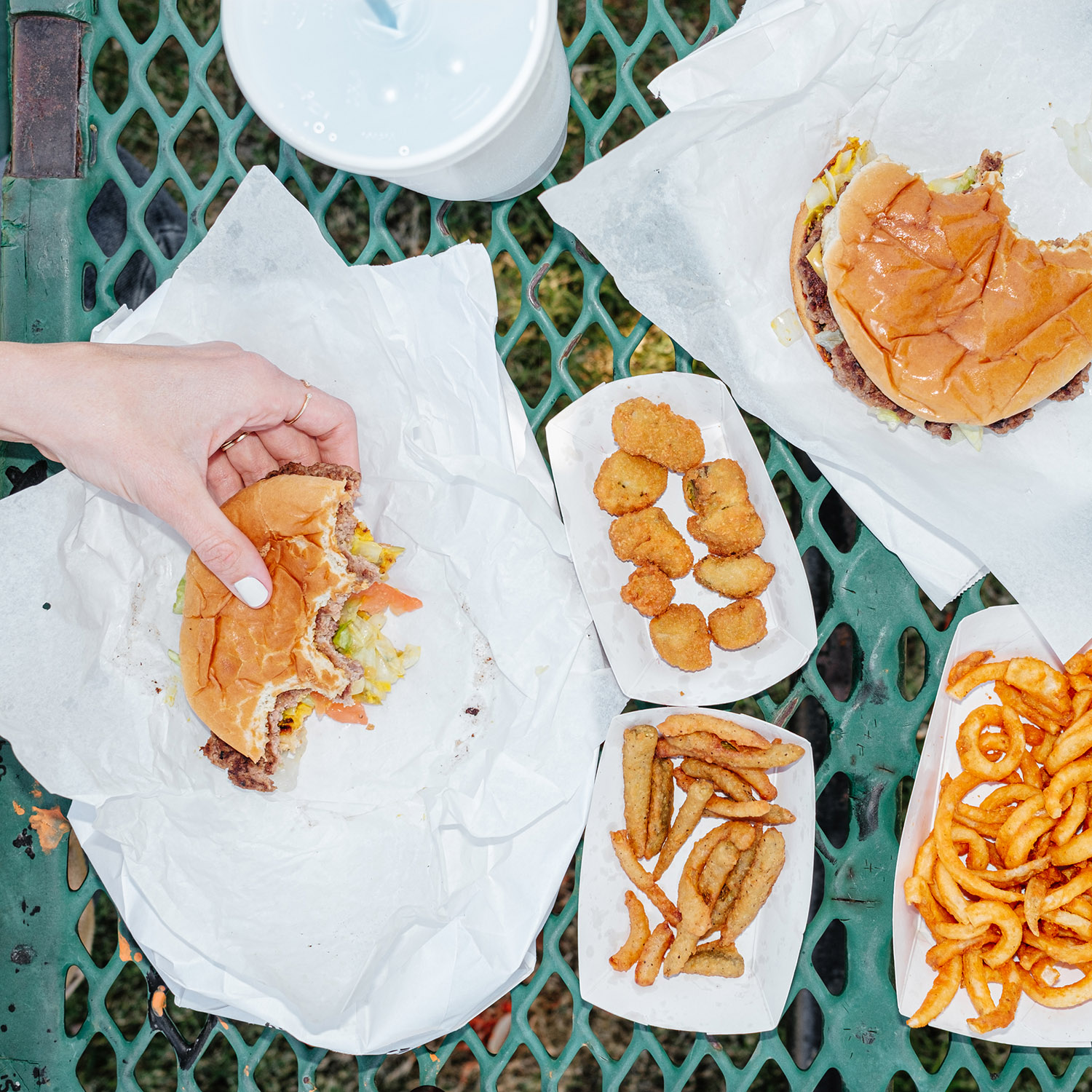 Avoid These 6 Foods—They'll Wreck Your Gut Health
Avoid These 6 Foods—They'll Wreck Your Gut HealthWhat to eat instead.
By Sarah Yang
